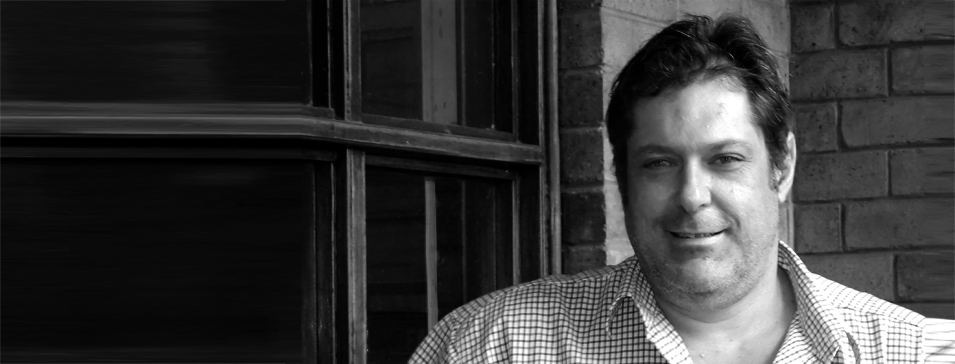 |
| Prof Pieter Meintjes |
Over the last decade Prof Pieter Meintjes’ strong background in astrophysics led to the development of a course of excellence at the University of the Free State.
Today we present an Astrophysics degree at our university, from first-year courses to PhDs.
Meintjes matriculated at the Sybrand van Niekerk High School in Sabie and completed a BSc in Physics and Mathematics at the North-West University in 1988. In 1990 and 1993 he respectively obtained his MSc and PhD in Physics from the same university.
Hereafter he spent a post-doctoral year at the Max Planck Institute for Space Science near München in Germany. In January 1997, Meintjes was appointed as a senior lecturer at our university’s Department of Physics. He was promoted to Professor in Physics in 2008.
Prof Meintjes is a member of the South African Institute for Physics (SAIP) and during 2002-2004 he was also co-chair of the astrophysics and space science group of SAIP. He serves on the executive committee of the National Astrophysics and Space Science Programme (NASSP) and is often a visiting lecturer at the University of Cape Town. He is a NRF-supported researcher and author and co-author of 70 publications in high-profile international journals and published conference issues.
During 2011-2013 he successfully delivered three PhD students along with one MSc student. His PhD students also delivered addresses at international conferences in Champery (Switzerland), Heidelberg (Germany), Paris (France), Barcelona (Spain) and Milan (Italy), Cape Town and the Kruger Game Reserve.
Over the last two years he has also been the author and co-author of six publications in Monthly Notices of the Royal Astronomical Society (MNRAS), as well as various publications in the Astrophysical Journal in support of the international planet search programme. A further 12 publications also came forth from Meintjes’ international conference contributions.
During the recent H.E.S.S. meeting in Namibia, Meintjes was appointed as the latest member of the highly-regarded international cooperation with H.E.S.S.
His membership of the H.E.S.S. group is due to his knowledge on gamma rays, which entails research on high-energy astrophysics.